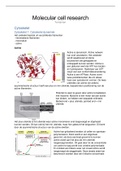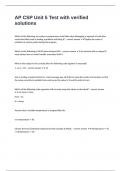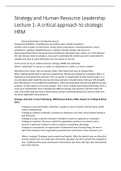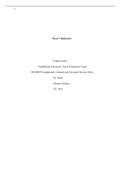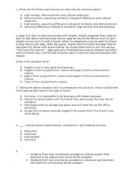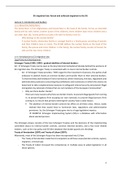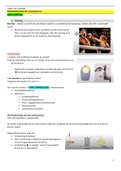Ansell, C., & Torfing, J. (2022). Introduction to the Handbook on Theories of
Governance
Governance = Formation of a collective will out of a diversity of interests; a system of rules
shaping and regulating the actions of social and political actors; or the political steering of
social and economic relations based on soft policy instruments
Alford, John, and Brian W. Head. "Wicked and less wicked problems: a typology and a
contingency framework
→ Shortcomings of ‘wicked problem’-research and how to tackle them
Shortcomings
● Wicked problems tend to ‘totalise’, regarding them as intractable masses of
complexity → Leads to them not getting a definition or solution
○ This makes it hard to break the problem down in smaller parts
○ Usually totalising problems is done because there is a time constraint, making
it harder to solve the problem
○ The standard for ‘success’ is usually set too high
○ There are certainly degrees of wickedness, which is not accounted for by
totalising the problem
● Favoured means of tackling wicked problems are ‘one best way’-approaches. More
often than not, a ‘one-size-fits-all’ approach is used
● Unrealistic standard of success for dealing with wicked problems
Strategies for tackling wicked problems
● Roberts (2000): 3 possible types of intervention
○ Authoritative: Strong leaders with a clear directive authority
○ Competitive: Fostering competition between societal actors to come up with
understandings of the problem and potential advances in dealing with it
○ Collaborative: Public consultation / participation in decision making
,Steurer, R (2013). Disentangling governance: A synoptic view of regulation by
government, business, and civil society
→ Typology of governance
● Government
○ Binding rules
■ Hard regulation = Legislatures, ministries or public agencies define
rules that are binding for all and executive and judicial branches of
government monitor and enforce compliance
, ■ Soft regulation = Non-legally binding, they suggest certain behaviors
politically rather than prescribing and enforcing them legally with
sanctions
● Businesses
○ Businesses self-specify rules, self-monitor their conduct and self-enforce
compliance without direct and explicit interference from state or civil society
actors
○ Self-regulation
■ Industry-self regulation = Group of major companies establish
standards, agreements, codes of conduct etc. that address all firms of a
particular industry with varying degrees of formalization and
bindingness
■ Firm self-regulation
● Civil society
○ Two forms of civil regulation
■ Formal standard-setting
■ Comparatively informal pressuring
● Co-regulation = Co-operative forms of steering in which actors from different societal
domains aim to achieve common objectives or supply public services jointly



